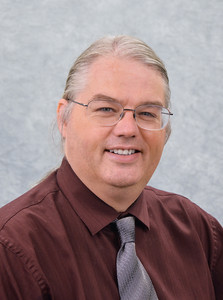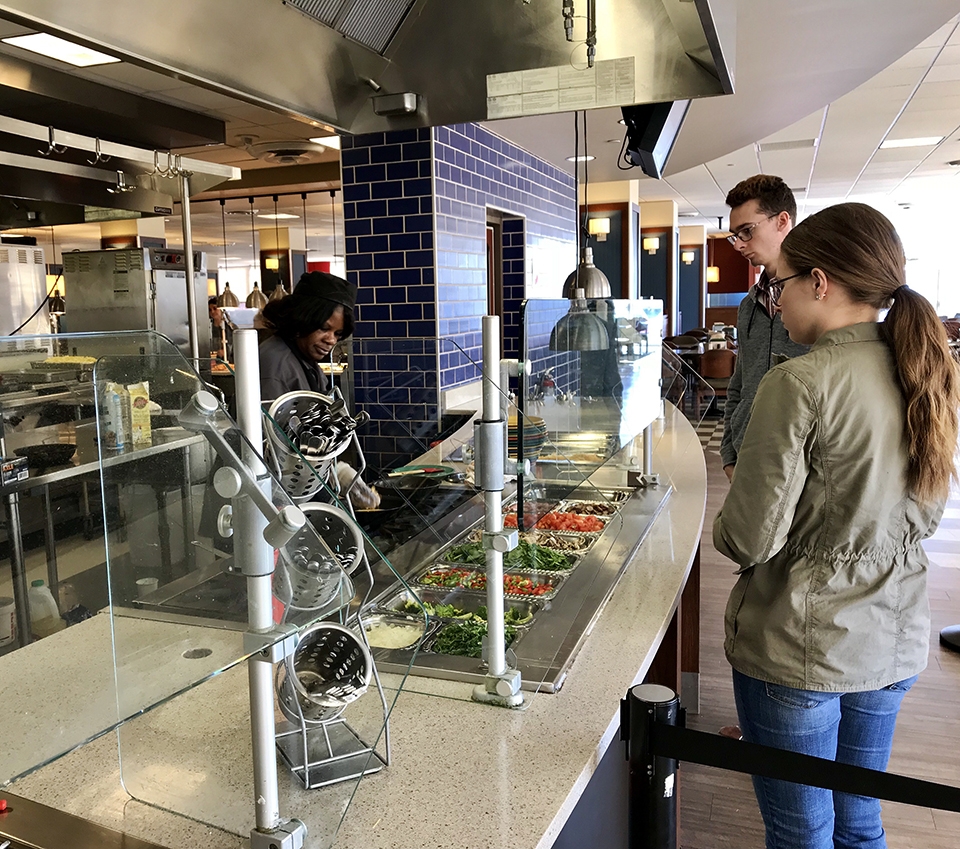

By Brandon Addeo | The Duquesne Duke
After discovering that famed author J.K. Rowling wrote a book under a pseudonym, Duquesne computer science professor Patrick Juola continues to innovate with help from a $25,000 grant.
Juola, a specialist in linguistics software, has recently completed a joint project between his startup consulting company, Juola & Associates, and the Defense Advanced Research Projects Agency (DARPA) to create a linguistic-based computer security system.
The security system, developed for use by the Department of Defense, recognizes the unique typing patterns of a computer’s user, and can deny access to a user with unfamiliar typing patterns, according to Juola.
“If somebody picks up your laptop … or cell phone and tries to use it, the [security system] can say ‘you’re not my owner’ and it will shut [the device] down,” Juola said.
This kind of anti-theft security system acts as a means of guarding sensitive information, which is why the Department of Defense was interested in this technology, Juola said.
Juola said DARPA may eventually distribute this security system to the wider national security community.
Juola received a $25,000 grant last fall from Innovation Works, a Pittsburgh based investment group funded by the Pennsylvania Department of Community and Economic Development.
Innovation Works awarded Juola the grant for his text analysis program that last summer uncovered that the true author of The Cuckoo’s Calling, a crime novel written under the name Robert Galbraith, was actually written by Harry Potter author J.K. Rowling.
“Nobody uses language in the same way,” Juola said. “Looking at how J.K. Rowling writes and how some other authors write … I was able to say that this looks consistently more like J.K Rowling than anyone else we studied.”
Juola’s program, titled Java Graphical Authorship Attribution Program (JGAAP), was able to single out J.K Rowling in only 30 minutes.
Rowling herself admitted to being the true author of The Cuckoo’s Calling on July 15, 2013, and said she wrote under a fake name to be able to “publish without hype or expectation.”
Innovation Works invests in companies in the southwestern Pennsylvania region, and the grant Juola received was awarded so that Juola & Associates may improve and commercialize the JGAAP software.
Juola is the first Duquesne professor to receive a technology commercialization grant from Innovation Works. Another Duquesne professor has recently become the second to receive such a grant.
Partha Basu, a chemistry and biochemistry professor, also won a $25,000 grant from Innovation Works in the beginning of December for the commercialization of a chemical compound he created.




